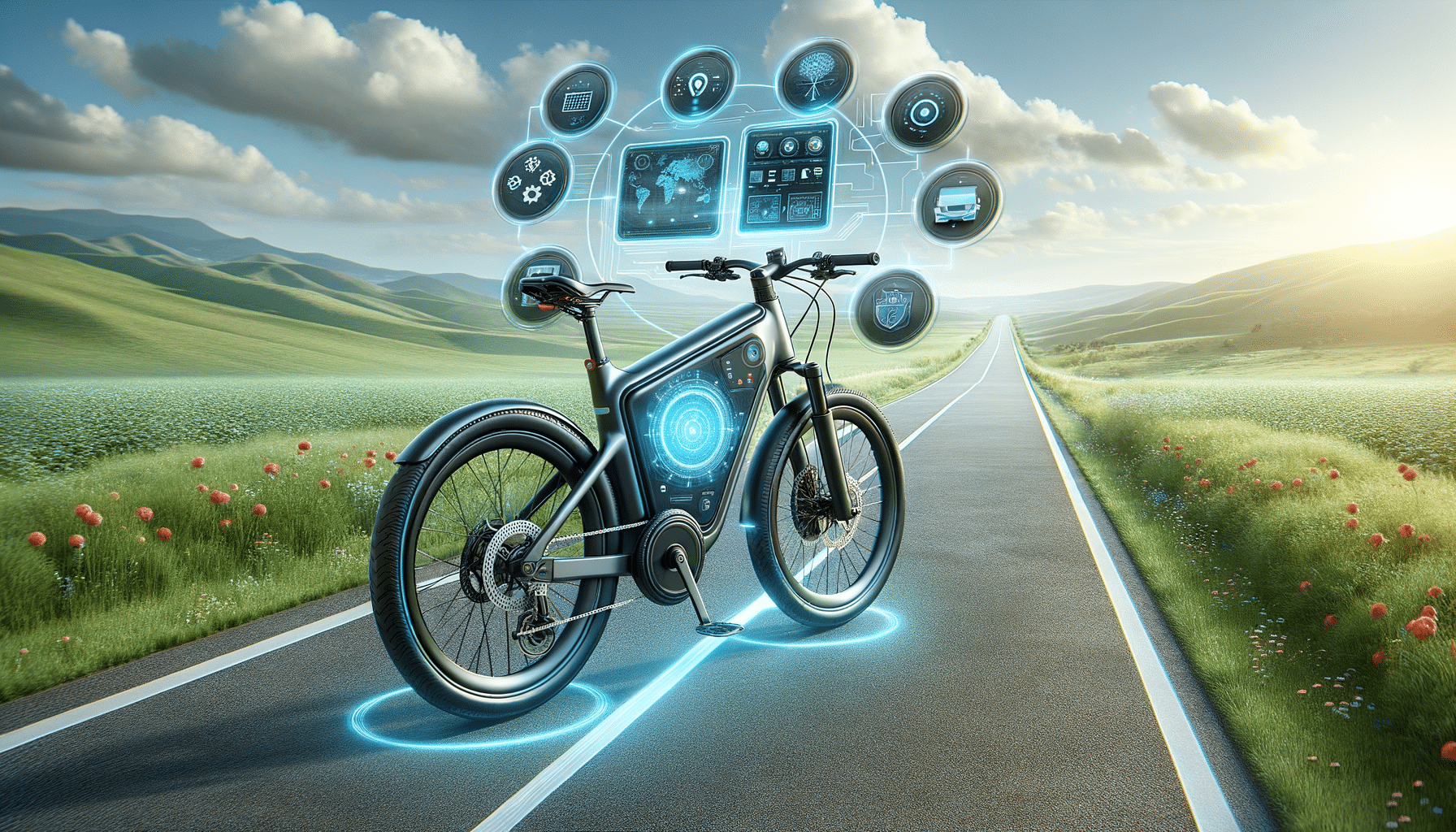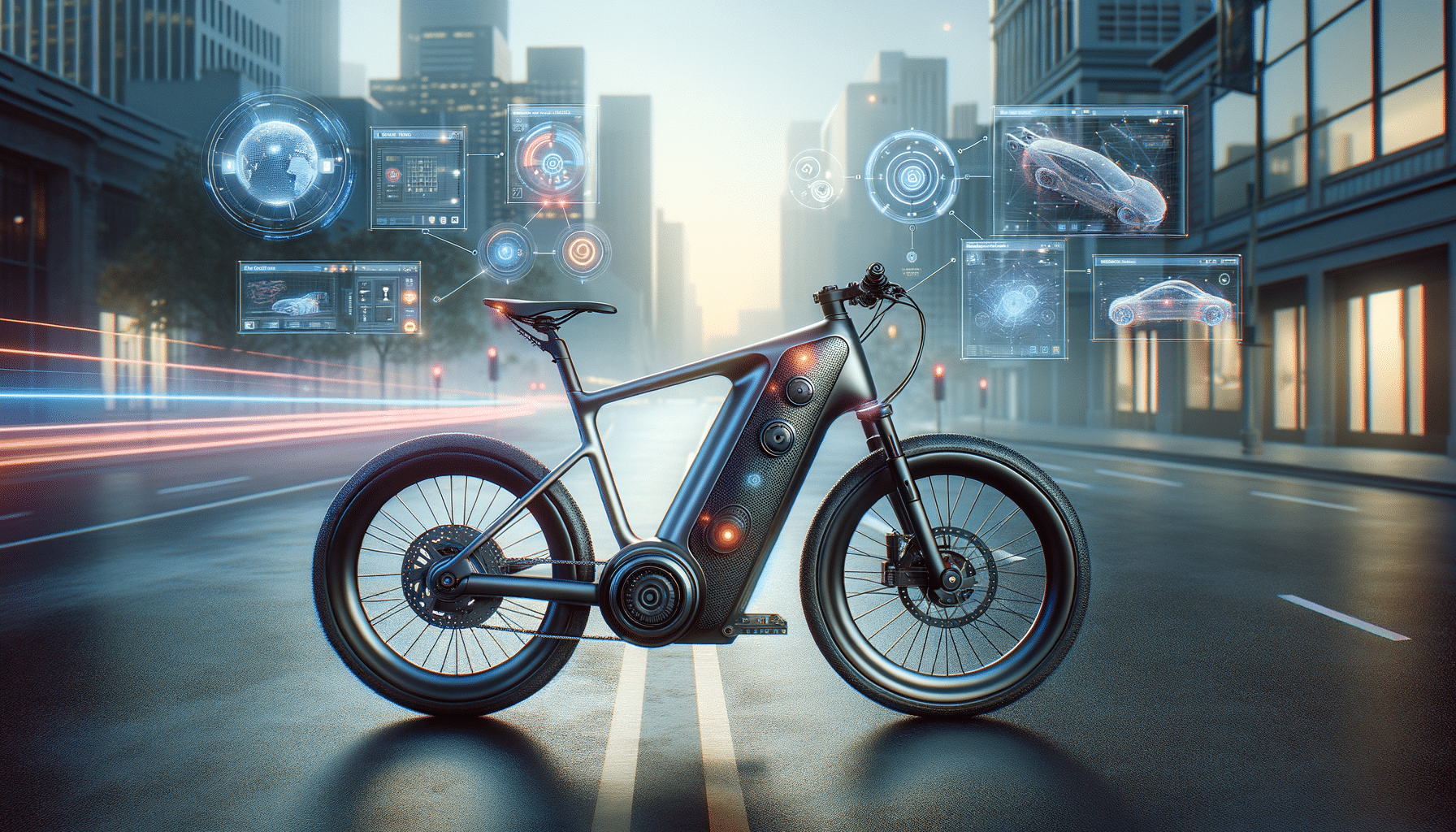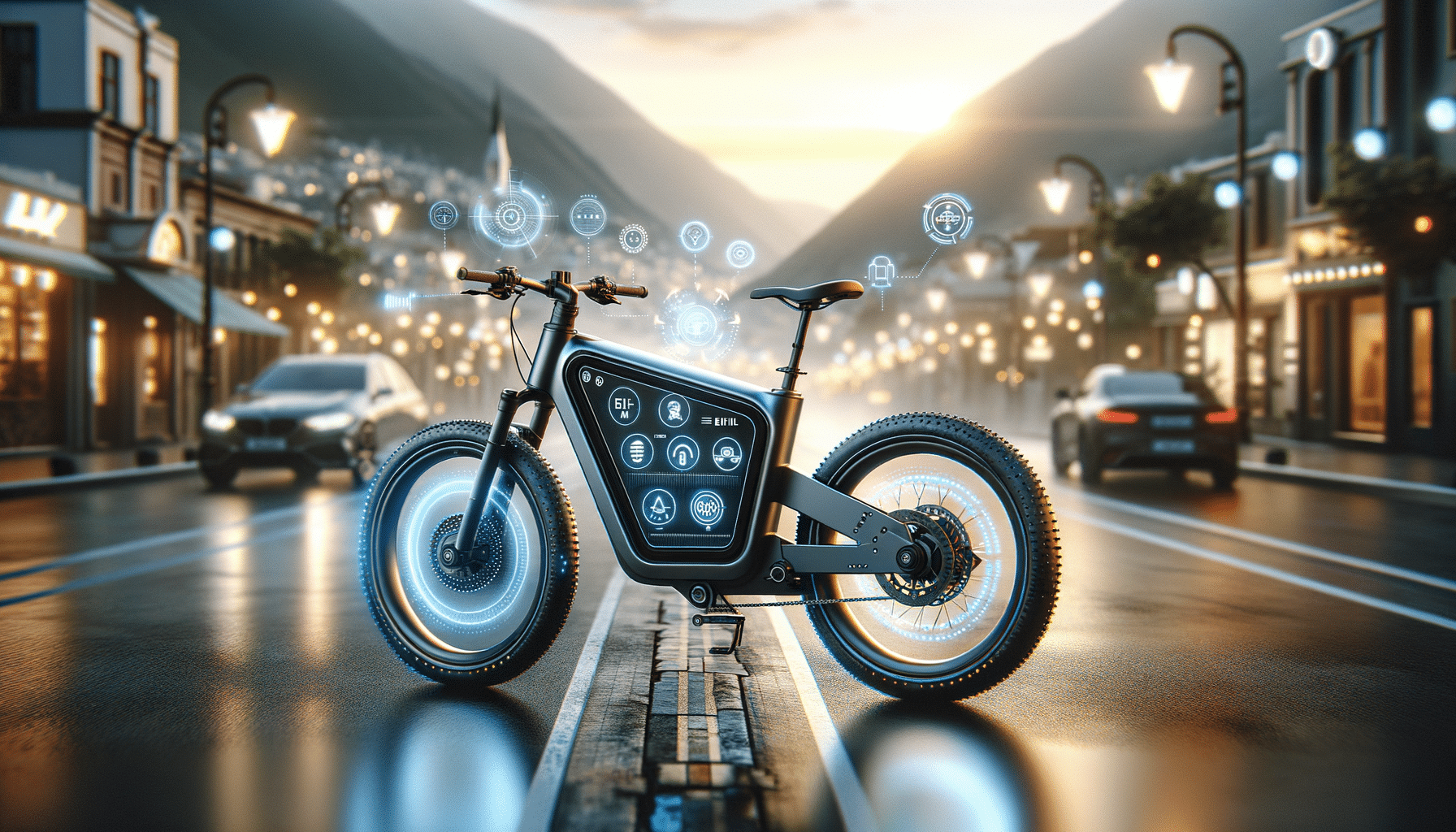
ai driven e-bikes intelligent systems and autonomous riding
Introduction to AI E-Bike Technologies
In the rapidly evolving world of transportation, electric bikes (e-bikes) are becoming increasingly popular due to their convenience and eco-friendliness. The integration of artificial intelligence (AI) into e-bike technologies marks a significant advancement, offering enhanced features that improve the overall riding experience. AI e-bike technologies are transforming the way we perceive cycling, providing smarter and more efficient solutions for urban mobility.
AI-driven features in e-bikes include intelligent power management, adaptive riding modes, and real-time data analysis. These innovations not only enhance performance but also ensure safety and convenience for riders. With AI, e-bikes can learn from the rider’s habits and adjust settings accordingly, making each ride more personalized and enjoyable.
AI-Driven Autonomous Riding
The concept of autonomous riding in e-bikes is an exciting frontier that combines AI with advanced sensor technologies. Autonomous riding enables e-bikes to navigate environments with minimal human intervention, offering a new level of convenience and safety. AI-driven autonomous riding systems use a combination of cameras, radar, and GPS to understand and react to the surroundings.
These systems are designed to handle various riding conditions, from busy city streets to quiet suburban roads. Key features include automatic braking, obstacle detection, and route optimization. By analyzing real-time data, autonomous e-bikes can make informed decisions, ensuring a smooth and safe ride for users. This technology not only benefits individual riders but also has the potential to revolutionize urban transportation systems.
Intelligent E-Bike Systems
Intelligent e-bike systems are at the heart of AI integration in cycling. These systems encompass a wide range of features that enhance the functionality and user experience of e-bikes. From smart battery management to predictive maintenance alerts, intelligent systems ensure that e-bikes operate efficiently and reliably.
One of the standout features of intelligent e-bike systems is their ability to provide real-time feedback to riders. This includes information on speed, battery life, and route conditions, allowing riders to make informed decisions during their journey. Additionally, these systems can connect to smartphone apps, offering features such as navigation assistance and ride tracking.
The Future of AI in E-Bikes
The future of AI in e-bikes is promising, with ongoing research and development aimed at further enhancing their capabilities. As AI technology continues to advance, we can expect e-bikes to become even more sophisticated, with features that cater to a wider range of user needs.
Potential developments include improved energy efficiency, enhanced connectivity with smart city infrastructure, and more advanced autonomous features. The integration of AI in e-bikes is not just about improving performance; it also aims to create a more sustainable and efficient transportation ecosystem. As cities around the world look for solutions to reduce congestion and pollution, AI-driven e-bikes present a viable and innovative option.
Conclusion: Embracing AI in E-Bike Technologies
AI-driven e-bikes equipped with autonomous riding capabilities feature intelligent systems that enhance the riding experience. The integration of AI into e-bike technologies offers numerous benefits, from improved safety and convenience to greater energy efficiency. As these technologies continue to evolve, they hold the potential to transform urban mobility and contribute to a more sustainable future.
For riders, AI-powered e-bikes offer a glimpse into the future of cycling, where technology and innovation come together to provide a seamless and enjoyable experience. Embracing these advancements not only enhances personal mobility but also supports broader efforts to create smarter, more connected cities.


